It was 9 November, 1917, two days after British General Edmund Allenby entered Gaza, the Jewish Chronicle published a new Anglo-policy on Palestine.
The brief letter from the United Kingdom’s foreign secretary Arthur Balfour to Lord Walter Rothschild, a prominent Jewish leader, dated 2 November, 1917, declared: “His Majesty’s Government view with favour the establishment in Palestine of a national home for the Jewish people, and will use their best endeavours to facilitate the achievement of this object…”
In his book, The Fall of the Ottomans, historian Eugene Rogan says: “The Balfour declaration was an extraordinary commitment on the part of the British government. Its army had only just entered Palestine and was far from Jerusalem, and yet it felt sufficiently confident of success to make promises about what was still sovereign Ottoman territory.”
One wonders the reason behind such a haste but can understand the reason behind as one reads down.
Rogan further says: “The British had fought too hard for Palestine to hand the territory over to an ill-defined international administration at war’s end. Furthermore, the British had learned from wartime experience how a hostile power in Palestine could threaten the security of the Suez Canal. At war’s end, the British wanted to ensure that Palestine came under British administration. The Zionists were natural allies in that project, their political ambitions inconceivable without a Great Power’s support.”
Certainly, Britishers were not out of the hangover of the Gallipoli campaign and could better understand the strategic significance of the key gateways of global maritime trade and security.
Quick Reads
View AllNo matter what one’s ideological orientation is, a basic sense of realpolitik makes aptly clear the reason behind all-weather Anglo-American support for the state of Israel. Formation and further expansion of which is perhaps the most centric issue to any conflict study in West Asia.
So, when Houthis of Yemen, a proxy of Iran and a perpetual enemy to Israel, decides to use the ‘blockade of Red Sea’ as a tool to strike at the interests of Israel, it somewhere seeks to hit the basic cause of the formation of the ‘Jewish State’. This is in line with the movement’s slogan “Death to America, Death to Israel, Curse the Jews, Victory to Islam.”
The Red Sea is, no doubt, at the very foundation of Jewish identity, after all Prophet Moses parted it and made the way for the escape of Israelites from the pursuing Egyptians, as per the Hebrew Bible.
Simultaneously, we see the US forming a coalition of 10 countries, including, Bahrain, Canada, France, Italy, the Netherlands, Norway, Spain, the Seychelles and the United Kingdom — naming it Operation Prosperity Guardian — to respond to Houthi-led attacks on vessels of various nations in the Red Sea, particularly in the Bab-el-Mandeb strait, which is a chokepoint for the world economy, off the coast of Yemen.
The Red Sea is the convergence zone of three continents of the world – Europe, Asia and Africa. That enhances its significance in any study be it a Eurocentric approach or the point of view of the Global South.
The significance of this seawater inlet of the Indian Ocean can be understood by the fact that almost 24,000 vessels have made the journey through this passage so far in 2023, making up 10 per cent of all seaborne trade by tonnage. This comprises 8 per cent of liquefied natural gas, 10 per cent of seaborne oil and 20 per cent of global container traffic.
Talking about India — the fifth largest economy — is rightly worried about the prospect of the conflict, particularly when around 20 per cent of India’s trade is via the Suez Canal. And various industry experts of the South Asian nation worry that freight charges might go well up to 40 per cent, which might make its exports expensive.
India is largely dependent on this route for the import of Russian oil, which is very critical to India’s energy security and in ensuring that the inflation remains under control, as any impact on the cost of supply might directly affect the fuel prices which in-turn might affect prices of other commodities, causing inflationary pressures on an economy bound to go under general elections in the upcoming year.
This is the reason India has rightly considered the security of the region a geostrategic priority. The Indian Navy already had one warship in the region — INS Kochi — and soon a second warship — INS Kolkata — was also deployed. Reportedly, they will operate off the coast of Aden, which is located on the southern tip of the Arabian Peninsula.
Now a third warship, INS Mormugao, is operational in the Arabian Sea, as a Liberian-flagged merchant vessel — MV Chem Pluto — was hit by a drone off the Indian coastline on Saturday.
Still, India has not officially joined the US-led Operation Prosperity Guardian and has stated that the cause of deployment of vessels is to protect the ships from the pirates of the Red Sea.
However, reportedly Houthis are not attacking Russian tankers in the Red Sea, as Russian media has stated that the Iranian proxy has allowed Putin’s tankers to transit through the Suez Canal. This might be a relief for India.
Also, as New Delhi has not been involved in Yemen’s civil war, and also has good ties with Tehran, it might not be the prime target of Houthis, however it is not a guarantee to a safe passage either. Further, Indian Navy has also clarified that a commercial oil-tanker MV Sai Baba that reportedly came under attack in southern Red Sea is not an Indian-flagged vessel, but yet the situation is tense. Notably, India and Yemen have long standing ties with almost 200 thousand people of Indian origin living in Yemen. So, India is comparatively on a better footing when compared to its Western friends.
Amidst all these, the centrality of the Red Sea in the shaping of the past, present, and future of West Asia and, as such, the world at large cannot be denied.
In a time when clash of civilisation becomes stiffer, world becomes more plural, Global South rises and the prominence Indo-Pacific enhances and conflicts in the Horn of Africa find no stable solutions, this strategic inlet is surely expected to hit more headlines.
The only remedy lies in diplomacy and talks to attain a meaningful and enduring peace, but the varied clashing interests can hardly find a peaceful, acceptable symphony. What future do we have for Abraham Accords, Saudi-Iran rapprochement, the revival of the Iran nuclear deal, or the end of the Yemen conflict? All these were news elements once.
As the great poet Dinkar says in his magnum opus Rashmirathi:
वृथा है पूछना, था दोष किसका ?
खुला पहले गरल का कोष किसका ?
जहर अब तो सभी का खुल रहा है ,
हलाहल से हलाहल धुल रहा है |
It is absurd to ask whose fault it was or whose poison pot opened first; now everyone is spewing venom, and it is the poison washing up the poison.
Views expressed in the above piece are personal and solely that of the author. They do not necessarily reflect Firstpost’s views.
Read all the Latest News, Trending News, Cricket News, Bollywood News,
India News and Entertainment News here. Follow us on
Facebook,
Twitter and
Instagram.


)
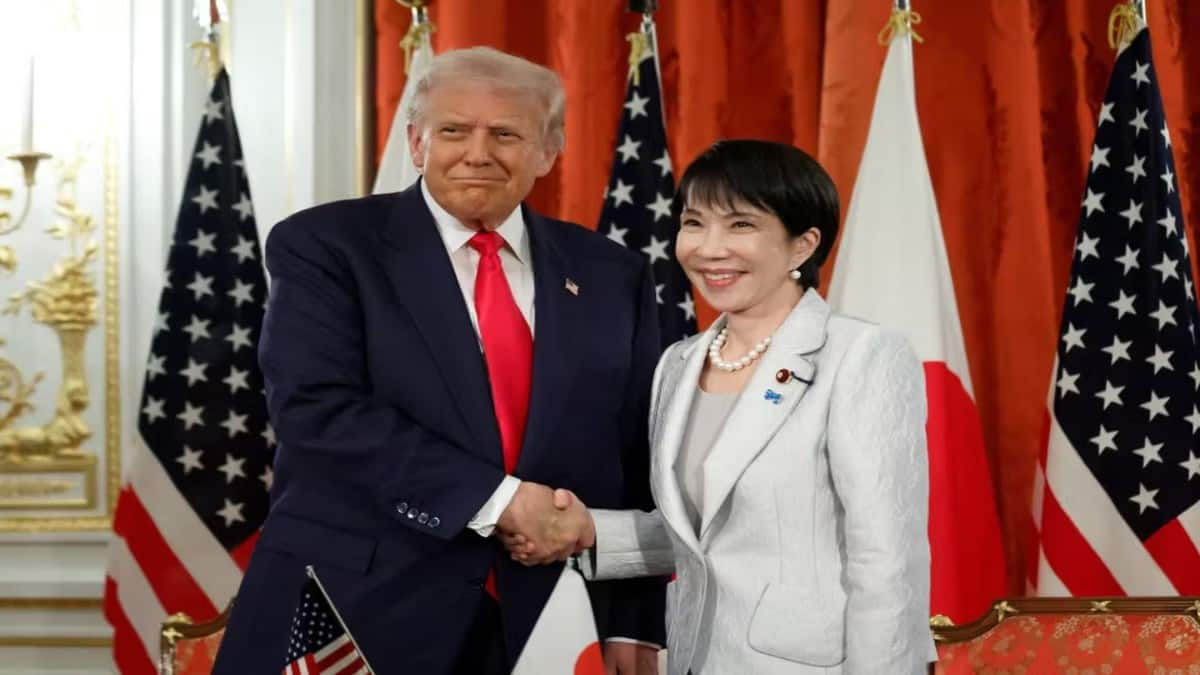
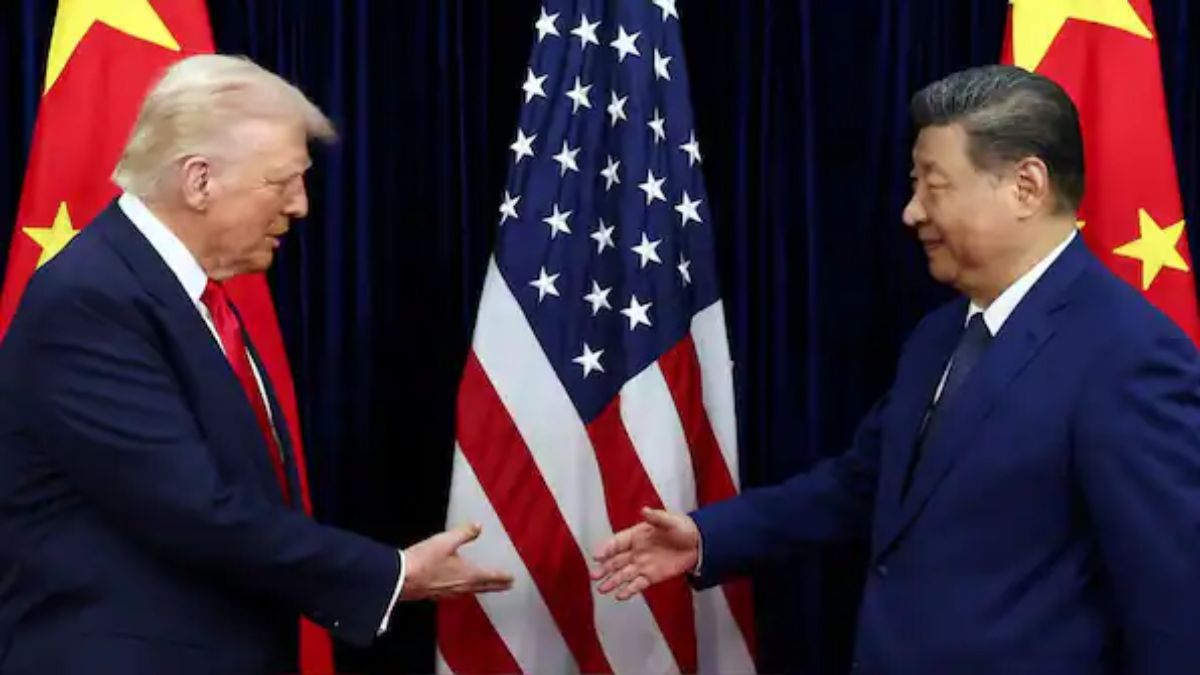)
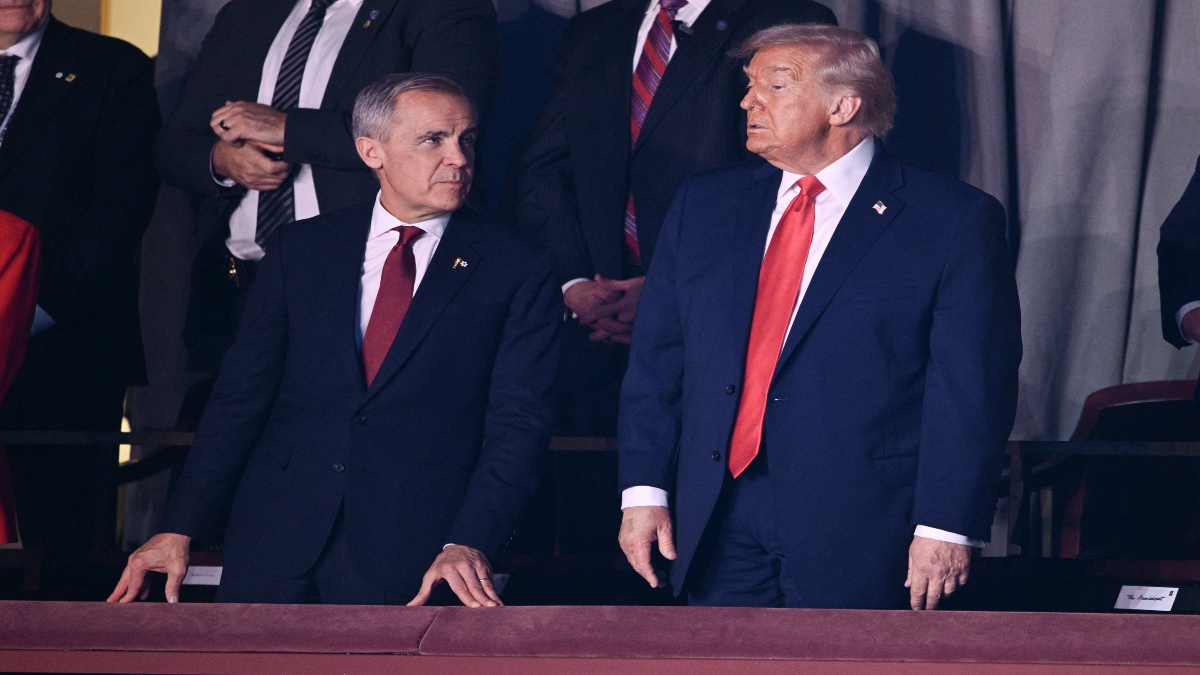)
)
)
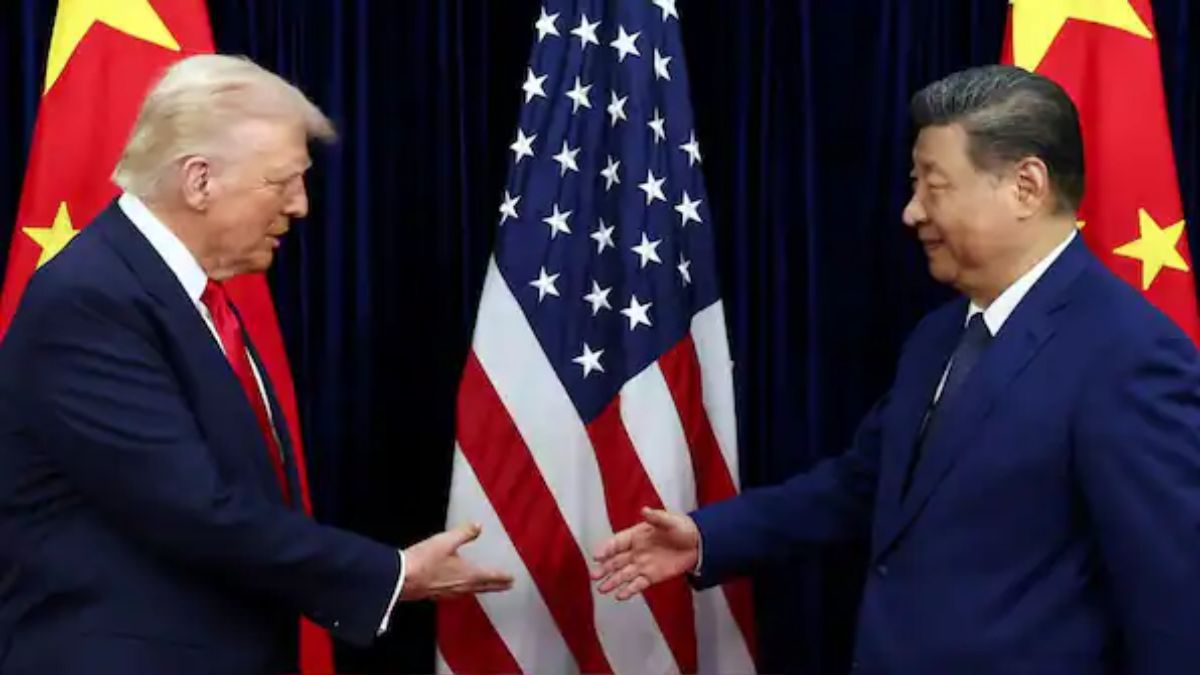)
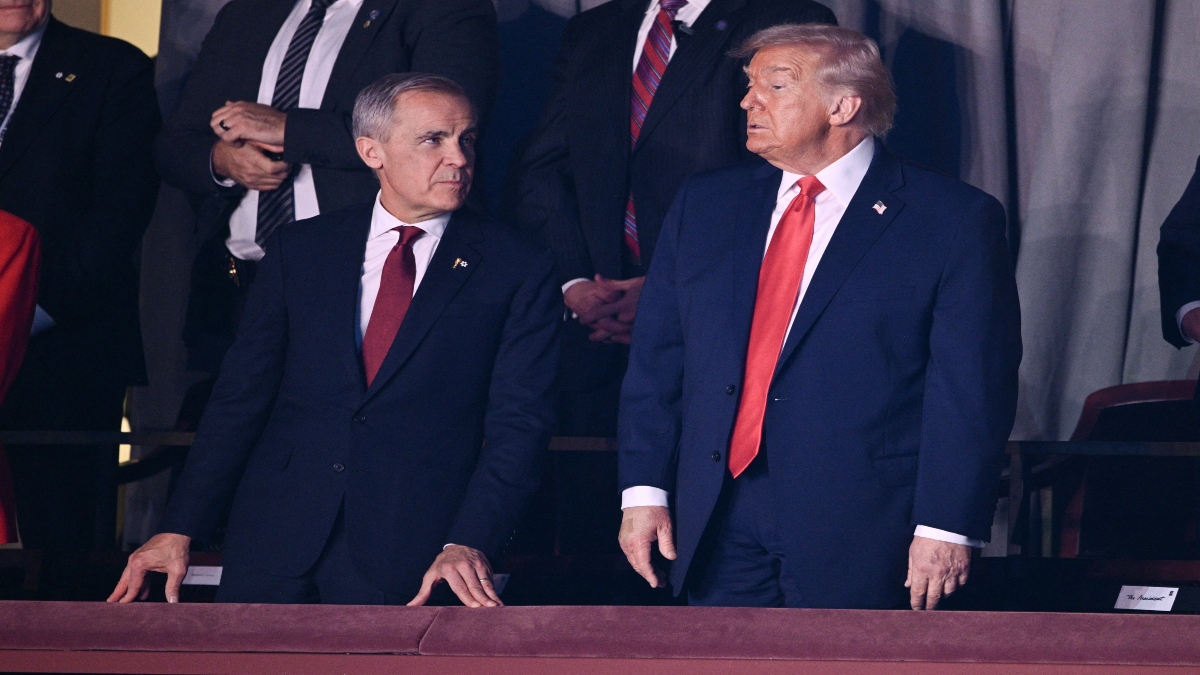)
)
)



